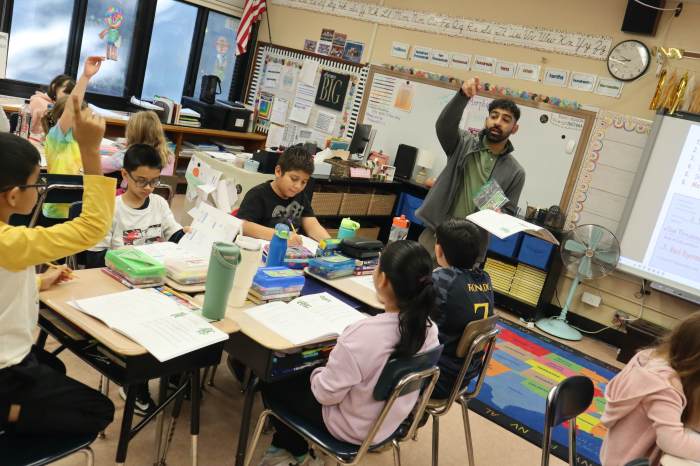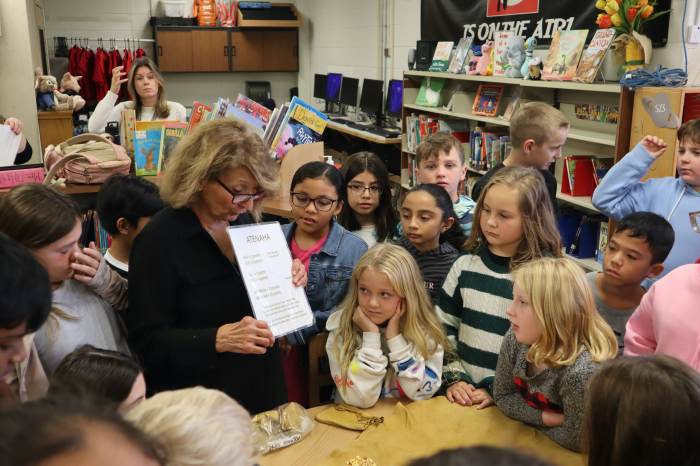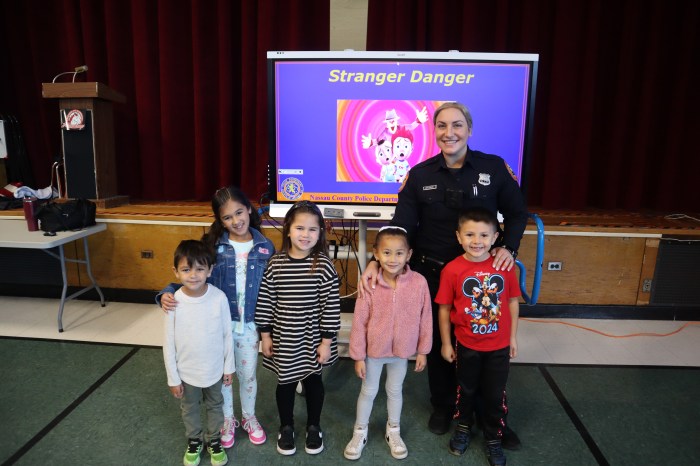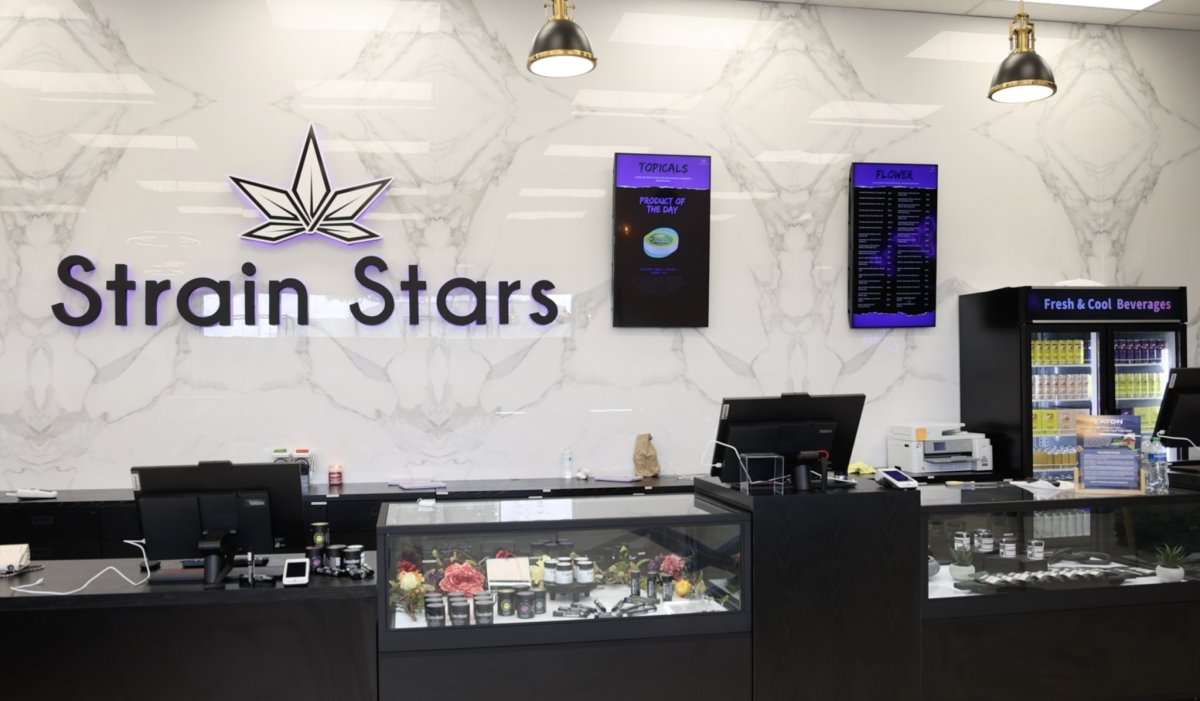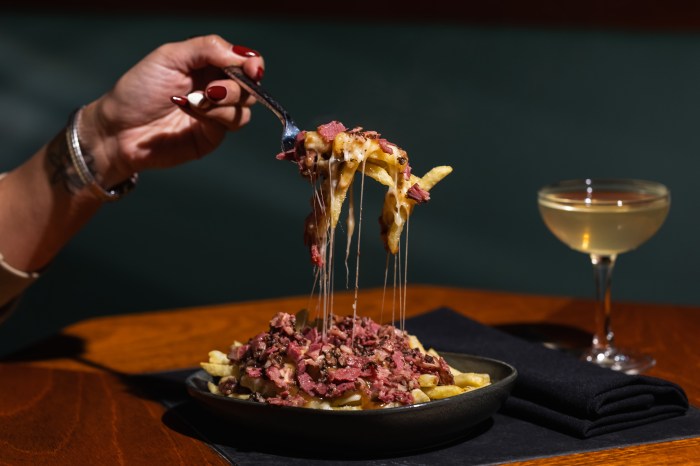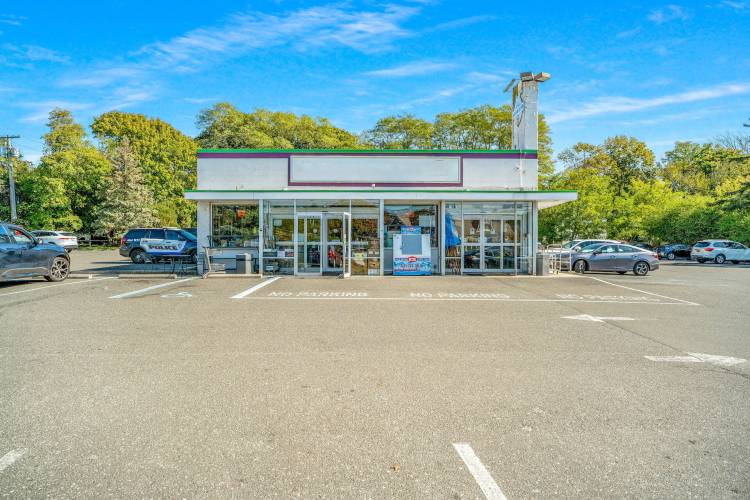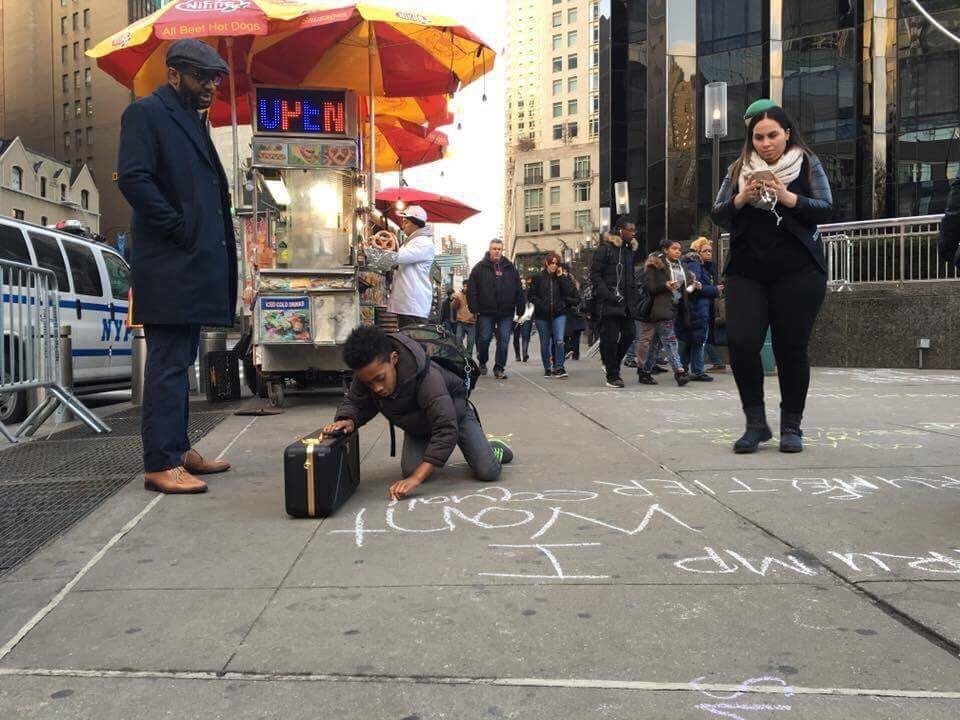
President Donald Trump’s executive order banning travel from seven countries is up in the air, as the Department of Justice and two states head to court to fight over the ban’s legality.
Since being issued on Jan. 27, Trump’s executive order putting a four-month suspension on the U.S. Refugee Admissions Program and 90-day ban on travel from seven Muslim-majority countries has been met with much controversy. The abrupt rollout of the order resulted in confusion and protests, as travelers who had previously been granted visas were detained at airports or prevented from boarding planes to the United States.
On Friday, Feb. 3, Judge James Robart granted a temporary restraining order on the ban, a move that allowed travel to resume for visa-holders and refugees. A federal appeals court rejected Trump’s administration’s request to reinstate the ban on Saturday, Feb. 4. The fight now heads to the 9th Circuit Court of Appeals, where the justice department and the two states challenging the ban, Washington and Minnesota, have been asked to present more arguments.
Trump took to Twitter to lash out at the Washington-state judge and the decision, saying that “the opinion of this so-called judge, which essentially takes law-enforcement away from our country, is ridiculous and will be overturned” and that “because the ban was lifted by a judge, many very bad and dangerous people may be pouring into our country.”
The order bans those traveling on passports from Iraq, Syria, Sudan, Iran, Somalia, Libya and Yemen from entering the United States for 90 days to “allow for proper review and establishment of standards to prevent terrorist or criminal infiltration by foreign nationals,” according to a fact sheet issued by the Department of Homeland Security. Travelers from Iran, Iraq, Sudan and Syria previously faced tighter restrictions under the Obama administration, after Congress approved a law in 2015 that tightened the Visa Waiver Program for travelers from those countries, requiring them to apply for a visa when traveling to the U.S.
Many decried the order as an act of Islamophobia, since it focuses on Muslim-majority countries and gives preferential treatment to Christian refugees. Those who have successfully carried out deadly attacks in the U.S., have also not come from the countries on the list, with NPR reporting that they’ve come instead from Saudi Arabia, Egypt, Lebanon, United Arab Emirates, Pakistan, Russia and Kyrgyzstan.
“Everybody agrees we need to be secure and safe, however this is not about safety, it’s about profiling,” said Dr. Faroque Khan, co-founder of the Islamic Center of Long Island (ICLI), in Westbury. “The countries that have been listed, none of the citizens have been involved in any problems in the United States. The countries that have come here and caused troubles, they’re exempt. It doesn’t make a whole lot of sense.”
Khan said the executive order is especially dangerous because it gives ISIS a “gift.”
“This is the biggest recruitment tool for ISIS,” Khan said. “What they’ll say is, ‘look America hates Muslims, come join us and we’ll get even.’ This kind of action turns off a lot of people, it makes them angry. That’s the biggest danger.”
Secretary of Homeland Security John Kelly said the order was not a ban, rather a “temporary pause” that would allow the department to “better review the existing refugee and visa vetting system.” He refuted any claims that the order was “a ban on Muslims.”
“The homeland security mission is to safeguard the American people, our homeland, our values and religious liberty,” Kelly said. “The seven countries named in the executive order are those designated by congress and the Obama administration as requiring additional security when making decisions about who comes into our homeland. By preventing terrorists from entering our country, we can stop terror attacks from striking the homeland.”
After the executive order’s issuance, several on-campus rallies were held at schools across the island, with Hofstra University and Stony Brook University holding demonstrations of solidarity. More than a dozen interfaith religious leaders and political leaders also gathered outside the state Supreme Court Building in Mineola last week to denounce the order.
“We should make America great again by making it a place that’s safe for everyone. A place where we fight for equality, not discriminate,” said Hicksville’s Susan Wahab, who attended a protests outside Trump Tower in Manhattan. “People come to this country to make a better life for themselves, not to be banned because of their religion or country of origin.”
At the ICLI, Khan said there’s “no other conversation going on,” except those about the executive order.
“People are scared and afraid,” Khan said. “People say this is just the beginning. I’ve been in this country for over 50 years, this is the first time I’ve faced this kind of environment. I’m concerned about my children and grandchildren. It impacts everyone. Today it’s Muslims, who knows who it could be next?”
A community forum will be held on Wednesday, Feb. 15, at 7 p.m. Westbury Middle School, to discuss the effects of the executive orders, as well as concerns for minority communities. The moderated forum is open to all. For more information call 516-333-3495.
—With additional reporting by Christina Claus




